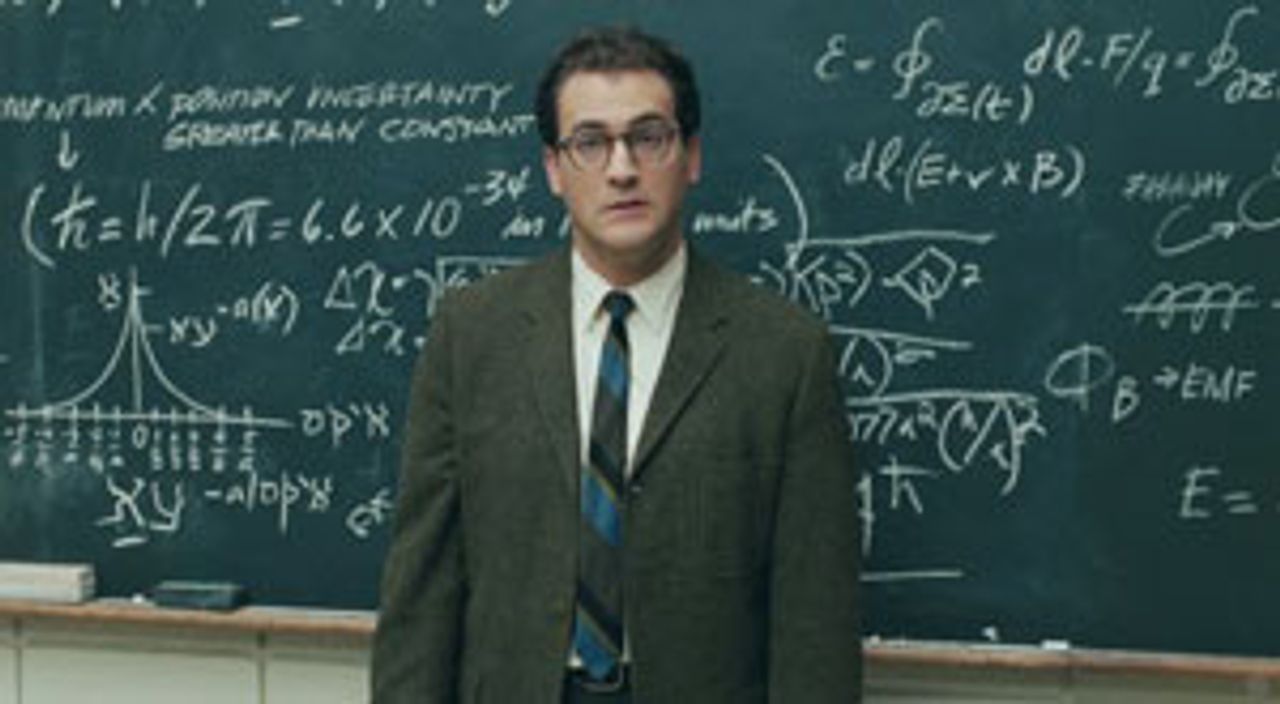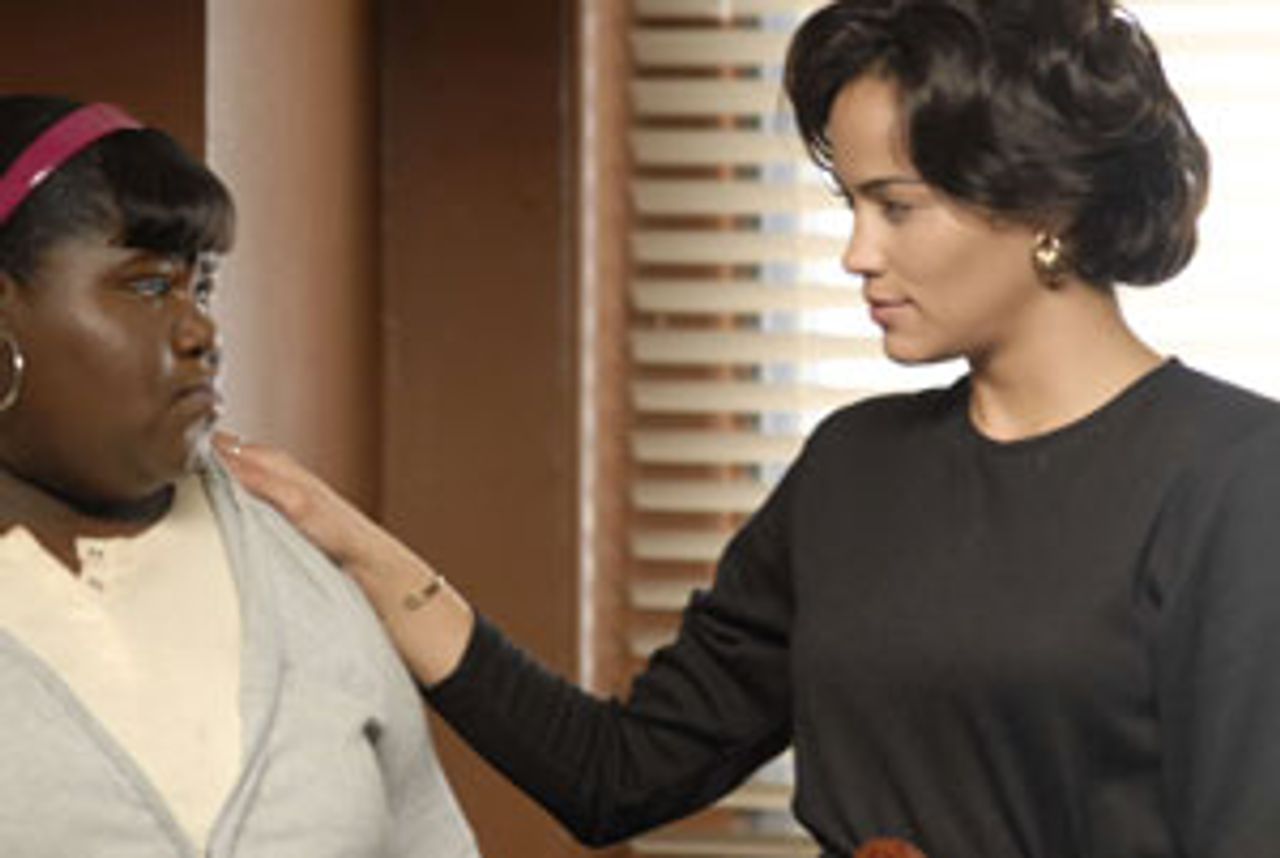This year’s Academy Awards ceremony has come and gone. The broadcast Sunday night from the Kodak Theatre in Los Angeles, at three hours and 32 minutes, was a long and dull affair in which relatively little of real life found its way into the proceedings. It is difficult to think of a sustained moment that one could single out for praise. Self-absorption, self-congratulation, insincerity and cynicism prevailed.
What stood out most glaringly about the ceremony was the extent to which the realities of life faced by millions of people were absent, both in the films honored (with few exceptions) and the program itself. The world and the country are gripped by the greatest economic crisis since the Great Depression, bringing with it high levels of unemployment and social misery, the Obama administration is prosecuting two neo-colonial wars and threatening more, the US seethes with social frustration and discontent, and yet none of this found the slightest expression in last night’s broadcast.
What does it say about the present state of the commercial film industry that an event bringing together its leading figures should find itself so thoroughly divorced from reality, including widespread popular moods in the US?
The opening number, starring Neil Patrick Harris, followed by the comic patter of co-hosts Steve Martin and Alec Baldwin, set the tone for the evening. Even the tepid “topical” humor of recent years was eliminated. Not a single reference was made to an event or individual outside Hollywood’s inner circles.
Is it accidental that political jokes at the Oscars entirely disappeared now that Barack Obama sits in the White House?
For the super-wealthy liberal milieu, the election of an African-American (or a woman, or…) is the apotheosis of their politics. They have reached the limits of their vision. This was reflected in the awards ceremony—the lack of genuine humor, sarcasm, let alone anger. No matter that the Obama administration is one of the most right-wing in modern American history.
 A Serious Man
A Serious ManOf the films nominated for Academy Awards, the more intelligent works—A Serious Man, A Single Man and Up In The Air—went entirely unrecognized while the most confused, banal, and in some cases downright filthy (Quentin Tarantino’s Inglourious Basterds, praised by presenter John Travolta for its “rewriting” of history), fared quite well. On this occasion, it seems, the Academy voters put aside whatever critical faculties and taste were available to them when it came time to cast their ballots.
In the acting categories, Sandra Bullock won Best Actress for her performance as Leigh Anne Tuohy in The Blind Side. Christoph Waltz won Best Supporting Actor for his performance as a brutal Nazi officer in Inglourious Basterds. It was pleasing to see the talented Jeff Bridges acknowledged for his role as “Bad” Blake in Crazy Heart, but, on the whole, the more sensitive and engaging performers nominated—from Maggie Gyllenhaal and Anna Kendrick to Colin Firth and Carey Mulligan—were passed over.
 Precious
PreciousMo’Nique was awarded the Best Supporting Actress trophy for her performance as Mary in the film Precious. The abusive mother of a struggling teenage girl in Harlem in the late 1980s, the Mary character was made into something horrific by the filmmakers.
As the WSWS review noted, “Mary is not a human being. She is a monster. Rather than explaining the social relations that produce such extreme forms of backwardness as hers, Precious obscures the causes and sensationalizes the results.” The film becomes a form of titillating (and alarming) the more privileged and complacent with fantasy views of oppressed working class life. It is troubling that the Academy would point to this grotesque portrait as one of the best performances of the year. Precious also won the award for Best Adapted Screenplay.
 Avatar
AvatarJames Cameron’s blockbuster Avatar, which we were repeatedly told was the highest grossing film of all time, and perhaps the most talked about and high profile of the nominees, lost in all of the major categories, but received several technical awards—the only territory in which the film could be said to have broken new ground. In any event, it may be that the attacks from the right-wing on Avatar for its fairly forthright depictions of militarism on a fictional planet (with parallels to Iraq and Afghanistan) may have helped cost the film more awards.
In what amounted to an abandonment of any critical attitude towards the war in Iraq, the academy bestowed the awards for Best Picture, Best Director, Best Original Screenplay and Best Editing on The Hurt Locker. Telling the story of a US Army bomb squad serving in Iraq, the film is said to be an “apolitical” or “neutral” movie about the war. In fact, The Hurt Locker manages to glorify, or at least sanitize, the role of US troops in the region. Whether the filmmakers are entirely conscious of it or not, their work is meant to obscure the character of the conflict in the Middle East and make the public forget about Abu Ghraib, Fallujah, Haditha and every other horror that has been committed by the American military.
Those who created The Hurt Locker absurdly contend it is possible to tell a truthful story about the troops while ignoring the character of the war they are fighting, one that screenwriter Mark Boal admitted at the awards ceremony was “unpopular.” The war in Iraq is unpopular because its launching has been exposed as based on shameless lies, its conduct continues to be justified by lies, and much of the public, although the media does all it can to cover this up, suspects that oil and other such matters lie at the heart of the ongoing illegal occupation.
 The Hurt Locker
The Hurt LockerRather than point to this important reality, director Kathryn Bigelow, Boal and company have created an abstract portrait of courage and “sacrifice,” which could be done in the case of any military force, including Hitler’s Wehrmacht, a portrait whose net effect is to encourage dangerous illusions in the US armed forces and their mission.
In accepting the awards for Best Director and Best Picture, Bigelow, said, “I’d just like to dedicate this to the women and men of the military who risk their lives every day in Iraq and Afghanistan and around the world. May they come home safe.” She added later, “They are there for us, and we are there for them.” At this point in history, with vast numbers of Iraqis dead, a country destroyed by US brutality and recklessness, such comments are thoroughly reprehensible.
Much was made over the fact that Bigelow was the first woman to win a best directing award. On hand to present the trophy was singer Barbara Streisand, one of Hollywood’s leading millionaire liberals, who proudly declared, “The time has come.” That such a comment could be made and wild applause ring out, simply because Bigelow is woman, tells us what we need to know about the self-satisfaction and ignorance that hold far too much sway in this wealthy and insulated milieu.
That a female director has entered what was previously an “all-boy’s club” is considered a great victory, perhaps the greatest possible victory; that the woman in question has directed a film which might be taken for a pro-war work is beside the point to such people.
The awards ceremony underwent a number of changes this year, in the hopes of attracting a larger audience, particularly among younger viewers. In addition to expanding the Best Picture category to include 10 nominees (in a year in which it would be difficult to come up with 5 films truly deserving of recognition) so that more “popular” studio films would stand alongside smaller, “independent” works as contenders for the top prize, producers made a number of cuts to traditional Oscar night features now deemed too time-consuming or uninteresting to a youthful audience.
The Academy did a disservice to its viewers this year, and its younger viewers in particular, in eliminating the honorary Oscars and lifetime achievement awards from its broadcast. These awards, honoring veteran artists and performers in the cinema, were handed out at an earlier ceremony that was not televised.
Receiving honorary Oscars this year were actress Lauren Bacall, star of such remarkable films as To Have and Have Not, The Big Sleep, and Written on the Wind; and Gordon Willis, the cinematographer behind such films as The Godfather, Annie Hall, Manhattan, and All The President’s Men. Both Bacall and Willis, it should be noted, gave us far more substantial works than those being celebrated on the stage during Sunday night’s broadcast. In a healthier cultural climate, the Academy would have considered it a duty to encourage younger viewers to seek out the best works of an earlier period.
Even the traditional memorial segment, honoring those in the industry who died this past year, seemed rushed and perfunctory.
For now, Hollywood carries on as it has for some time, in a dismal state. A breath of fresh air is sorely needed. We have no doubt that important changes will occur. The social eruption that the present economic crisis is preparing will produce vast changes in artistic and cultural life. New moods will be introduced and new artists will emerge. Some of those currently at work will be reinvigorated. Many of those now celebrated will become irrelevant. This is all long overdue.
